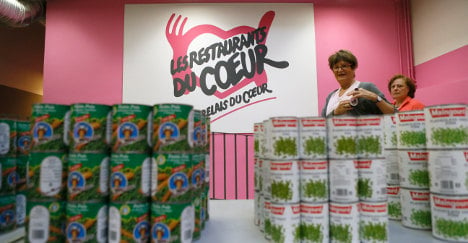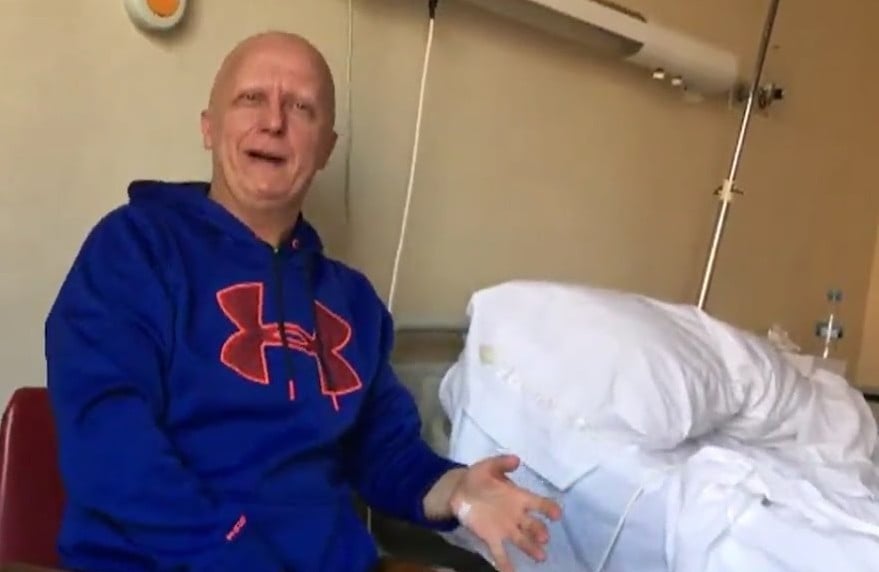French supermarkets including frozen food giant Picard have recalled thousands of ready-made dishes found to contain horsemeat, despite being labelled as beef.
Not wishing to see tonnes of food go to waste, three food aid charities – Restos du Coeur (restaurants with heart), Secours Populaire (People rescue) and Banque Alimentaire (the food bank) – expressed an interest in getting hold of the meals and re-distributing them among the poor, as long as they posed no health risk.
They called on the French government to allow them the chance to commandeer the meals from the various companies
On Thursday Consumer Affairs Minister Benoît Hamon answered their call giving the green light for Findus and Picard and other companies caught up in the scandal to hand over the dinners as long as they were re-labelled.
"Those who benefit from these meals have the right to know what they are eating," Hamon told RMC radio.
The ball is now in the court of the charities who will have to decide whether they have the money and the means to take the frozen meals, which will need to be transported in special refrigerated trucks.
"We can understand if the charities refuse," Hamon said. "It is up to them as to whether they take them or not."
Speaking to The Local earlier this month, the director of the French Federation of Food Banks, Maurice Lony, said their goal "is to fight waste".
"These products are now in storage, awaiting some sort of resolution," he said. "So if they can’t be sold, we could take them and distribute them to deprived people."
However, Lony pointed out that his organization would also need health tests to be performed before handing them out, as well as gauging the appetites of food-bank users around the country, a process which he says they have already started.
“In the north of France there’s more of a culture of eating horsemeat, so people in that region are saying ‘yes’ to the meals. But in the south-west, for example, our users would be less ready to take the products,” said Lony.
When asked whether he himself would eat one of the packaged meals in question, Lony replied “Yes, it wouldn't bother me.”
The French Red Cross have said however that they would not be interested in handing out the frozen meals found to contain horsemeat on moral grounds.
"Products that are not offered to the general public should not be offered to the poor," an official told Europe1 radio. "It is a question of dignity."



 Please whitelist us to continue reading.
Please whitelist us to continue reading.
Member comments